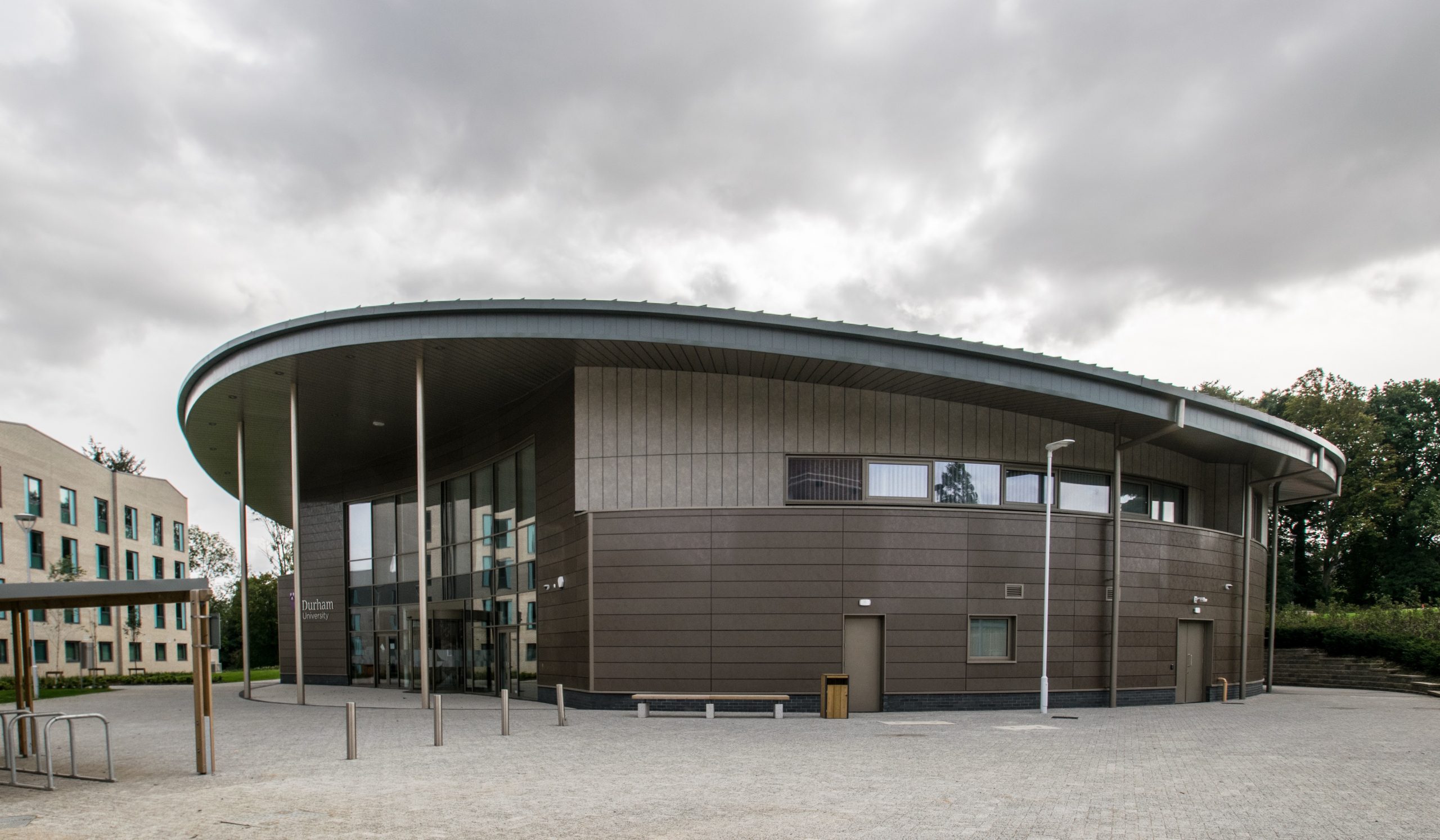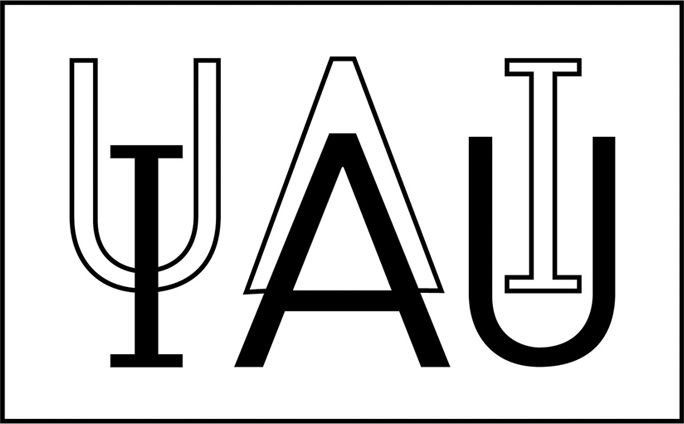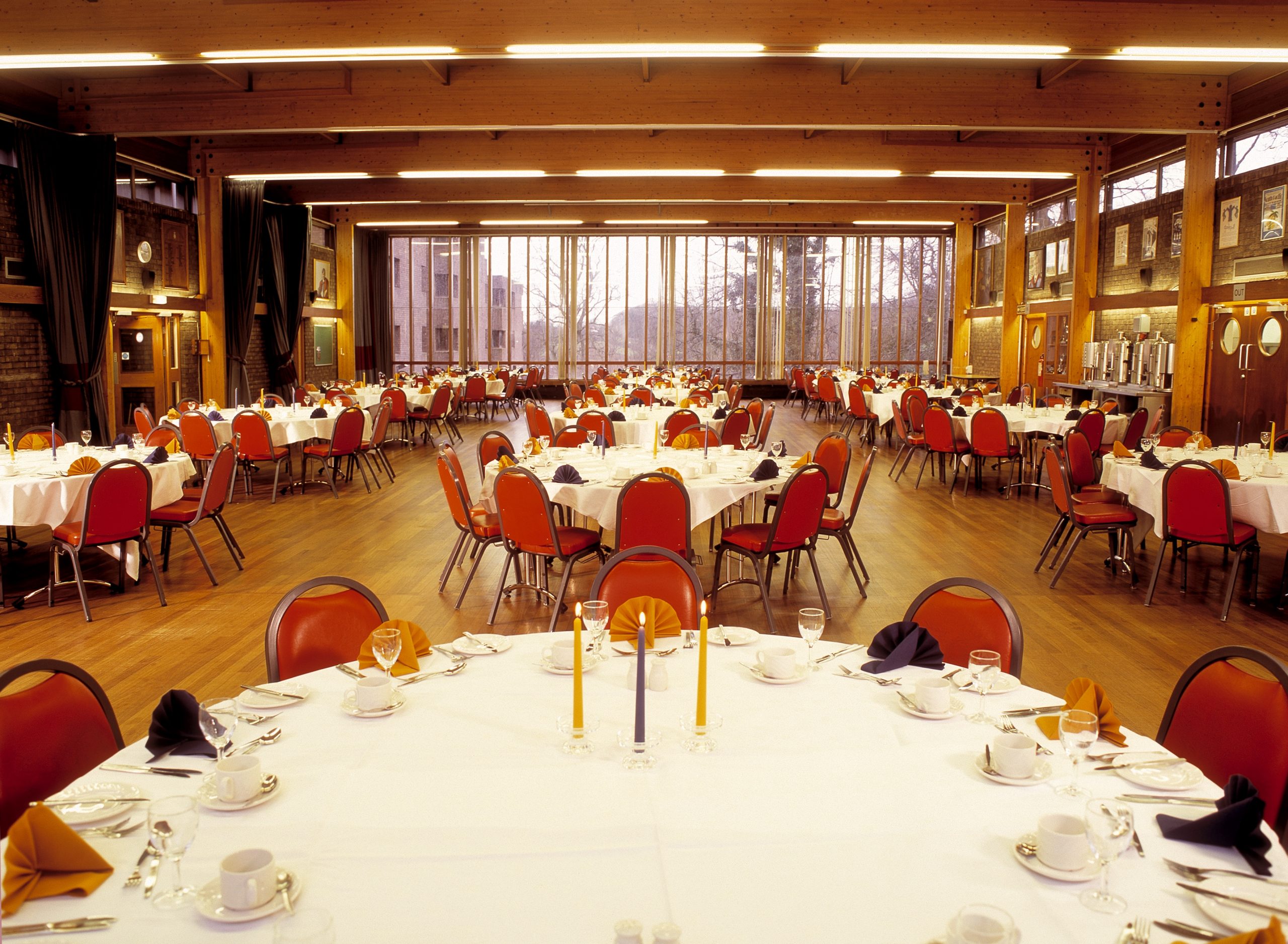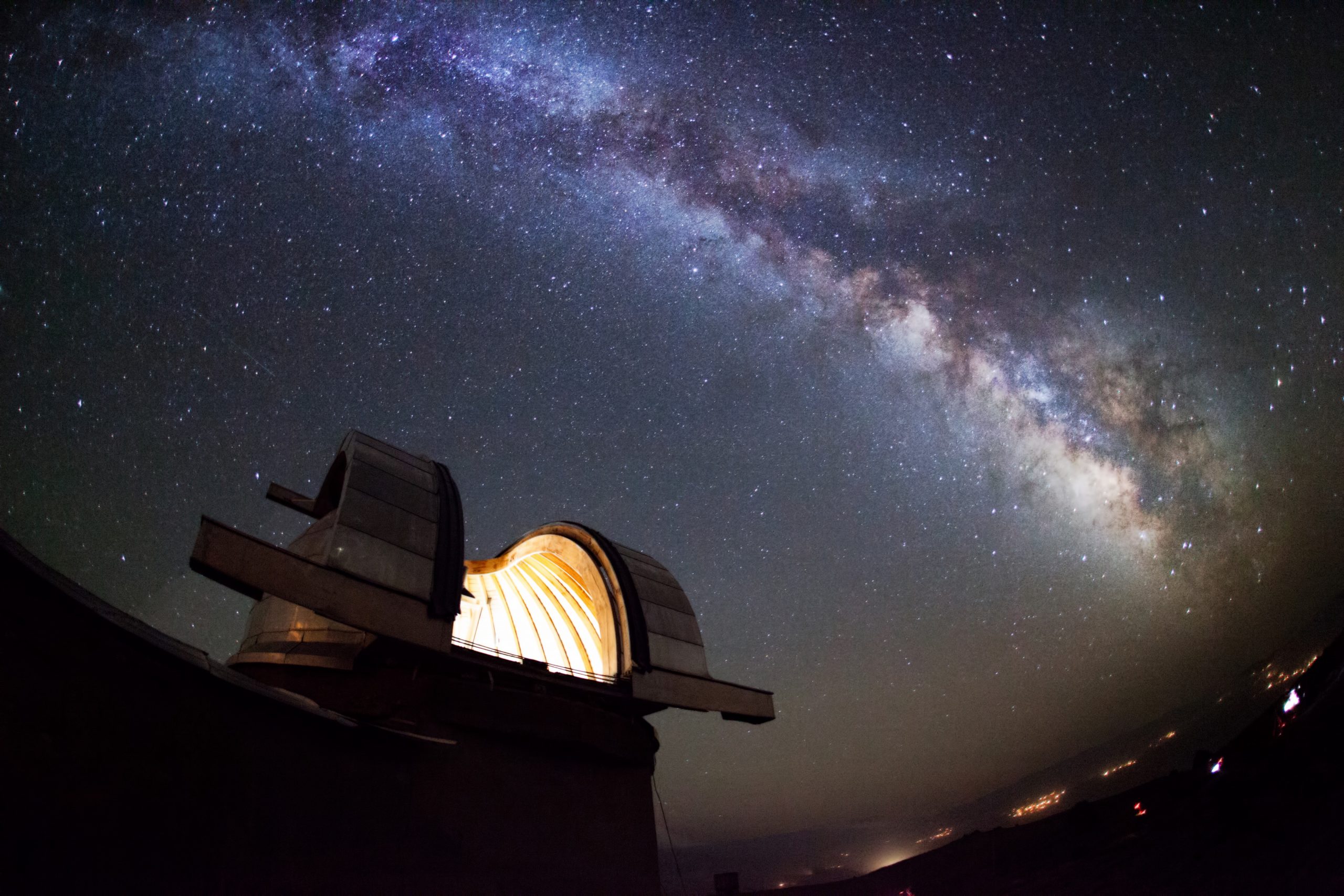Chair: Hermine Landt Durham University, UK Members: Heda Agic Durham University, UK Daniel Angerhausen ETH Zuerich, Switzerland Federica Bianco University of Delaware, USA Chris Cowie Durham University, UK Martin Dominik University of St. Andrews, UK Jacob Haqq Misra Blue Marble Space Institute of Science, USA Sohan Jheeta NoRCEL Andjelka Kovačević University of Belgrade, Serbia Nigel Mason University of Kent, UK Chris McKay NASA Ames Research Center, USA Lucas Mix Durham University, UK Carol Oliver UNSW Sydney, Australia Mazlan Othman Academy of Sciences Malaysia Istvan Praet Durham University, UK George Profitiliotis TU Delft, The Netherlands Margaret Race SETI Institute, USA Richard Wilman Durham University, UK

Durham, UK, 15-19 April, 2024
@The Hub
Register to attend and find out more…





RATIONALE
From our origins, humans have been inspired by pinpoints of light in the night sky. They cause us to wonder about our existence. Who are we? What are we doing here? Where did we come from? And, where are we going? The physicist Enrico Fermi famously asked “Where is everybody?” Thinking life must arise with some regularity, he marveled that we saw no evidence of it among the stars – the Fermi Paradox. Despite impressive investment and activity in space exploration over the years, the question remains unanswered.
Until 1995, the only known planets orbited our Sun. Now we have evidence for over 5,000 exoplanets orbiting other stars, and we expect to find hundreds of billions more, at least one for every pinpoint of light. In the 1960s, Frank Drake began a search for radio signals, capable of crossing the interstellar distances. Advances in astronomy and computing have expanded that search, resulting in a much wider survey of the sky and allowing citizens to participate in SETI, the Search for Extraterrestrial Intelligence. The space age also brought opportunities to explore our own Solar System with more powerful telescopes and sophisticated space probes. Planetary atmospheres can now be interrogated, near and far, for the signs of life. A new era of exploration has begun, rich in data derived from these new technologies. We can search the universe, looking for life and, in the process, learning more about our ourselves, our planet, our species, and perhaps our significance.
This decade sees a once-in-a-lifetime investment of both capital and labour into the ‘Search for Life Beyond Earth.’ Research communities, governments and philanthropists alike are set to explore. NASA’s Apollo program showed that sufficient commitment of resources can lead to breakthroughs. Their progress, culminating in the Moon landing, inspired many to become astronomers. Both NASA and ESA have active and planned missions focused on the detection and characterisation of exoplanets. Most large observatories have invested in planetary astronomy and “Big Data” approaches, including the upcoming Legacy Survey of Space and Time (LSST) at the Vera C. Rubin observatory and the radio Square Kilometer Array (SKA). Meanwhile, new Machine Learning (ML) algorithms will make the search for technosignatures feasible at scale.
We still do not know if there is life beyond Earth or how probable it may be. But if it exists, we might find it (or it us) as early as tomorrow. And, there or not, found or not, the search itself has a profound impact on humanity. What would it mean for our civilisation, if we do find something? Will it improve our lives or threaten our very existence? Beyond science, the ‘Search for Life Beyond Earth’ raises complex questions of policy, law, philosophy, and theology. It challenges us to think critically about life as a category and as a thing of value.
We are not prepared for a discovery. We need to bring together diverse expertise to plan how we will assess evidence and communicate what we know (and don’t know) with the public. We should plan early, setting out impact assessments, protocols, procedures and treaties that allow us to act responsibly as individuals and communities and as a species. Any outcome will have to be presented to ‘Planet Earth.’ So great a task will challenge established scientific hierarchies and media and bring about new ways of public engagement.
ORGANISING COMMITTEE

EXCURSION
visit to housesteads roman fort, hadrians wall
Thursday, April 18, 1 – 5pm

